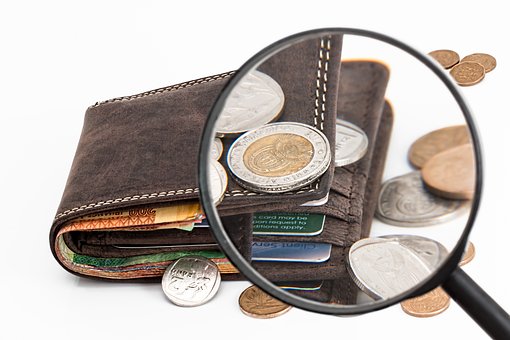Shopping addiction occurs when an individual feels the need to shop each time they need to dispel some negative energies built up within them. Most times after going shopping, they get to discover that some of the items were not needed in the first place.
If you think that you are addicted to shopping or you know someone who is, this piece contains some tips to put shopping addiction at bay.
Acknowledge that you have a shopping addiction problem
One of the biggest problems that addicts face is accepting that they have an addiction problem. This is why many of them are often reluctant to seek help because they don’t want to be associated with the stigma that comes with addiction.
However, when you realize that you don’t behave like the average shopper, then you are likely struggling with addiction. Accepting your situation is the first step to controlling shopping addiction in the long run.

Talk to your trusted loved ones
Another way to control shopping addiction is to be accountable to trusted family and friends. Sharing your problems with them is a great way to unburden them, and they will be glad to help you overcome your shopping challenges.
Work with a budget
Anytime you feel the urge to go out and shop, try to create a budget. When you have a budget, you will realize that not all items have the same priority level. Some of them are more important than others.
Therefore, working with a budget makes you realize that you need to pay more attention to the more urgent needs, while you can always sort out the less important ones later.
Track your finances
Keeping tabs on your finances helps you to know what you are spending on so that you can cut down some expenses.
When you track your finances regularly, it becomes quite easier to control what you spend on because you are more aware of some unnecessary or less important items. You can leverage some expense tracker apps to monitor your personal finances.




